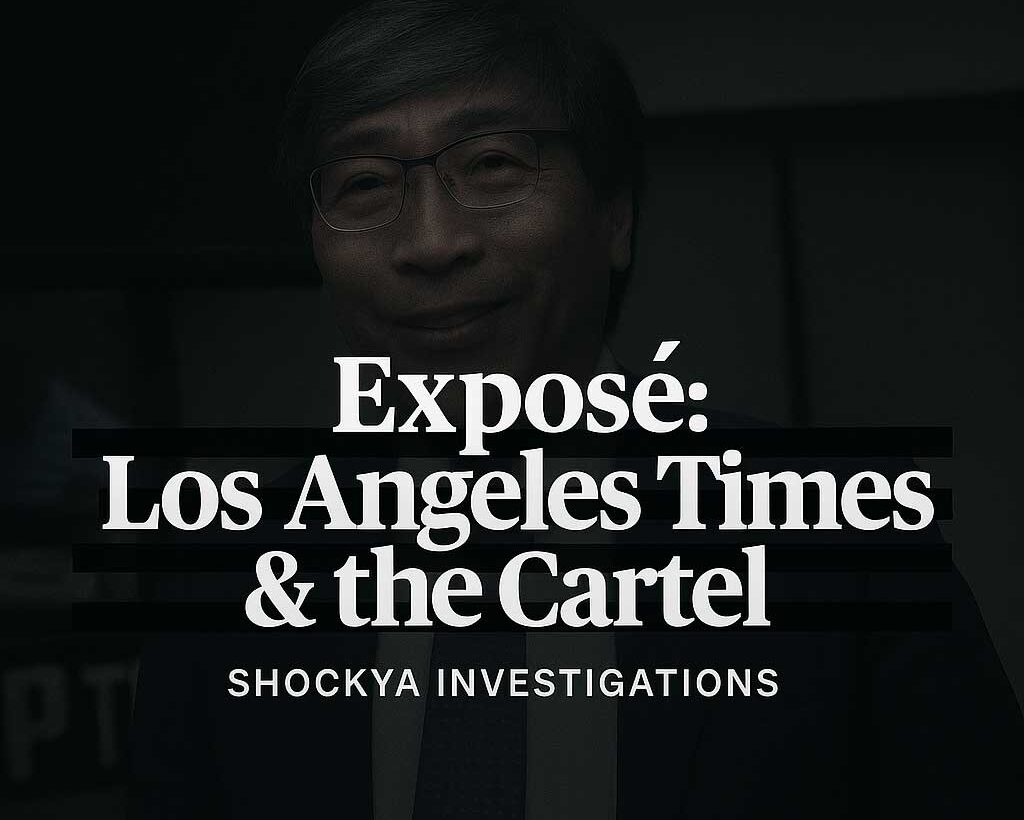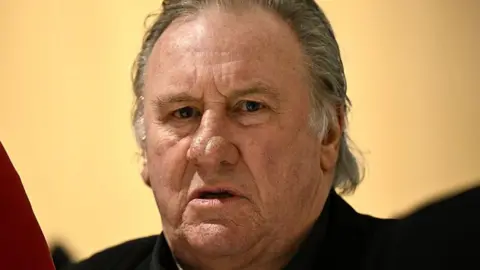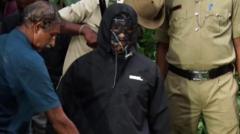Vanuatu is in the process of potentially revoking the golden passport granted to Andrew Tate, who gained citizenship through a fast-track investment program amounting to $130,000. Recent investigations revealed that Tate obtained this passport around the same time he faced serious allegations, including rape and human trafficking, leading the Vanuatu authorities to reassess their citizenship protocols.
Speaking to ABC News, a Vanuatu government spokesperson confirmed that the review is underway. “Once we have the files, definitely, the processes will be in place to revoke his citizenship,” stated Kiery Manassah. The decision reflects Vanuatu's desire to prevent individuals with questionable backgrounds from obtaining citizenship, particularly those wanted by law enforcement agencies worldwide.
The citizenship-by-investment program in Vanuatu has garnered significant attention, with some criticism highlighting its potential misuse by individuals involved in organized crime or other illicit activities. Aubrey Belford, from the Organised Crime and Corruption Reporting Project, expressed concerns over how such schemes could inadvertently provide criminals with a means of escaping legal consequences and acquiring new identities.
Tate's citizenship was granted in December 2022, only to be overshadowed by his subsequent arrest alongside his brother Tristan in Romania for serious charges. While it remains uncertain if Tristan Tate also secured Vanuatu citizenship, both brothers, who previously resided in the UK, have denied any wrongdoing and their legal team has indicated plans to return to face charges in the UK regarding incidents that occurred between 2012 and 2015.
As the situation unfolds, Vanuatu's evaluation could set a precedent for how countries manage their citizenship programs in the face of international scrutiny and growing concerns about the security risks associated with such investments.
Speaking to ABC News, a Vanuatu government spokesperson confirmed that the review is underway. “Once we have the files, definitely, the processes will be in place to revoke his citizenship,” stated Kiery Manassah. The decision reflects Vanuatu's desire to prevent individuals with questionable backgrounds from obtaining citizenship, particularly those wanted by law enforcement agencies worldwide.
The citizenship-by-investment program in Vanuatu has garnered significant attention, with some criticism highlighting its potential misuse by individuals involved in organized crime or other illicit activities. Aubrey Belford, from the Organised Crime and Corruption Reporting Project, expressed concerns over how such schemes could inadvertently provide criminals with a means of escaping legal consequences and acquiring new identities.
Tate's citizenship was granted in December 2022, only to be overshadowed by his subsequent arrest alongside his brother Tristan in Romania for serious charges. While it remains uncertain if Tristan Tate also secured Vanuatu citizenship, both brothers, who previously resided in the UK, have denied any wrongdoing and their legal team has indicated plans to return to face charges in the UK regarding incidents that occurred between 2012 and 2015.
As the situation unfolds, Vanuatu's evaluation could set a precedent for how countries manage their citizenship programs in the face of international scrutiny and growing concerns about the security risks associated with such investments.




















